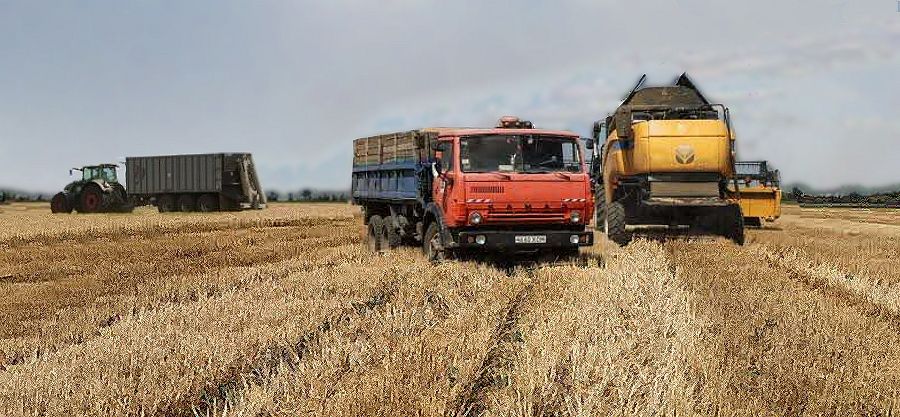PROTECTIONIST PUSH IN EASTERN EUROPE AGAINST UKRAINIAN CEREALS | |
But they are not always re-exported to third countries as they should and pile up in the silos of neighboring countries or close neighbors of Ukraine. They drive down prices there and fuel the anger of local farmers. On Saturday, Warsaw "has therefore decided to ban the entry, the import of cereals into Poland as well as dozens of other agri-food products", explained the leader of the ruling party, the conservative Jaroslaw Kaczynski. Otherwise, in his eyes, "it would lead to a serious crisis in the agricultural sector in Poland". Poland is an agricultural country, the actors of the sector vote, and the elections are approaching. On April 5, 2023, the Polish Minister of Agriculture and Rural Development, Henryk Kowalczyk, had to resign from his post. "We support Ukraine, but we must also defend the interests of our citizens." On the Hungarian side, it is cereals, oilseeds and several other agricultural products, according to a press release from the Ministry of Agriculture. And this, too, in the name of defending the "interests of the Hungarian agricultural community". Poland, but also other countries in the region – Slovakia, Hungary, Romania and Bulgaria – want the subject to be put on the table again in Brussels. Agricultural crisis reserve This Monday, moreover, Slovakia also took action, while continuing to authorize transit, unlike Poland. Bulgaria has indicated its intention to follow suit. Sofia believes that if a handful of countries pronounce an import ban, the flows will transfer to the other countries concerned. The announcement from Budapest and Warsaw comes as the EU27 adopted, two weeks ago, an aid plan from the Commission of 56 million euros to support farmers affected by the drop in prices. The funds, drawn from the CAP reserve, are to be disbursed by September 2023, and Poland is to be the main beneficiary, with the rest going to Romania and Bulgaria. A second aid plan is in preparation. Seen from Brussels, it is therefore a reversal on the part of Warsaw, which has so far pleaded for more solidarity with Ukraine. A reversal which risks weighing on the discussions around the renewal of the 2022 agreement, the one which had recorded the lifting of tariff barriers on Ukrainian products for one year. Customs duty problem Since last month, these five Member States have in fact expressed the wish that the Commission reconsider its decision on customs duties. New measures, they plead, could be envisaged in order to fulfill the initial objective, the re-export of Ukrainian grain to countries in Africa and the Middle East, while avoiding negative externalities and perverse effects. "The ultimate goal is not to maintain the import ban indefinitely but to ensure that Ukrainian grain for export goes where it needs to go," the vice tried to play down Monday. - Polish Minister of Foreign Affairs, Pawel Jablonski. According to official Ukrainian data, some three million tonnes of cereals leave Ukrainian soil each month via the Black Sea, under an agreement concluded under the aegis of the United Nations and Turkey, while 200,000 tonnes additional ones are routed through Poland to European ports. Exclusive jurisdiction The European Commission really did not appreciate the initiative of the countries of central Europe. "It is important to stress that trade policy is an exclusive competence of the EU and that unilateral actions are not acceptable," insisted a spokesperson. “In these difficult times, it is crucial to coordinate and align all decisions within the EU,” she added. The current tensions, in hollow, underline the great challenges that Ukraine's accession to the EU would pose, in particular for the common agricultural policy and the cohesion policy. The country of 604,000 km2 and 44 million inhabitants received EU candidate status last June. | |
| Abby Shelcore for DayNewsWorld | |
 |
|




